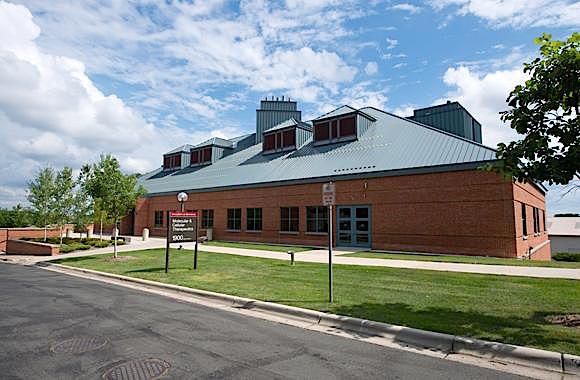McKenna & MCT Facility Help Bring Bench Science to Patients
January 2018

Precision medicine aims to identify which therapies will be effective for which patients based on genetic, environmental, and lifestyle factors. Regenerative medicine involves engineering cells, tissues and organs to restore normal function in patients. If the promise of precision medicine and regenerative medicine is to become a reality, translational research is key.
The Academic Health Center’s Molecular and Cellular Therapeutics (MCT) facility, which is managed by LMP, produces novel investigational biological agents using current Good Manufacturing Practices (cGMPs) and current Good Tissue Practices (cGTPs) in support of Phase I-III clinical trials of molecular-, gene-, cell- and tissue-based therapies for academic researchers, contracting partners and biotechnology companies.
MCT scientific and medical director David McKenna, LMP professor, is the principal investigator of Production Assistance for Cellular Therapies (PACT), a National Heart Lung and Blood Institute (NHLBI) program that supports five national cGMP facilities, including MCT, that produce and test novel cellular therapies. "This is the third round of the NIH-NHLBI cell therapy contract funding,” McKenna said. “This round the PACT fund totals $42 million for all sites over five years.”

The first two rounds of PACT, which spanned 2003-2015, focused on both pre-clinical studies and manufacturing cells to be used in human clinical trials. McKenna said this round is designed to solely focus on preclinical activity, to "fill the gap" between laboratory experiments and cell manufacturing for human trials. That includes providing cells in support of animal studies as well as scale-up, optimization, and ultimately validation of cell manufacturing for future human studies.
"This NIH-sponsored contract mechanism has really pushed cell therapies along," McKenna said. "It’s been very successful. The fact that we’re in the third round of it obviously is a testament to that." One of MCT’s PACT-supported projects focuses on cord blood T regulatory cells. "We’ve been working with T regulatory cells for years, continually making process improvements. The main clinical application has been targeting post-transplant GVHD [graft-versus-host disease] to dampen it. We are now looking at enhancing tolerance for solid organ transplant."
Is cellular therapy becoming a transformational drug development strategy for major pharmaceutical companies? McKenna thinks, "it’s getting there." Some drug companies like Novartis have in-house cellular therapy programs. Others acquire small biotech firms and incorporate them into their portfolio. MCT is working with drug companies, large and small, particularly in the areas of cord blood stem cell expansion and immunotherapies. MCT is also active in translational research for regenerative medicine. In support of preclinical studies, biomedical engineer Robert Tranquillo’s research team has partnered with McKenna and MCT to create completely biological "off-the-shelf" blood vessels and is currently finalizing manufacturing of the grafts under cGMP conditions.
If you have questions about the MCT facility or would like to learn more about the services it offers, feel free to contact Dr. McKenna.